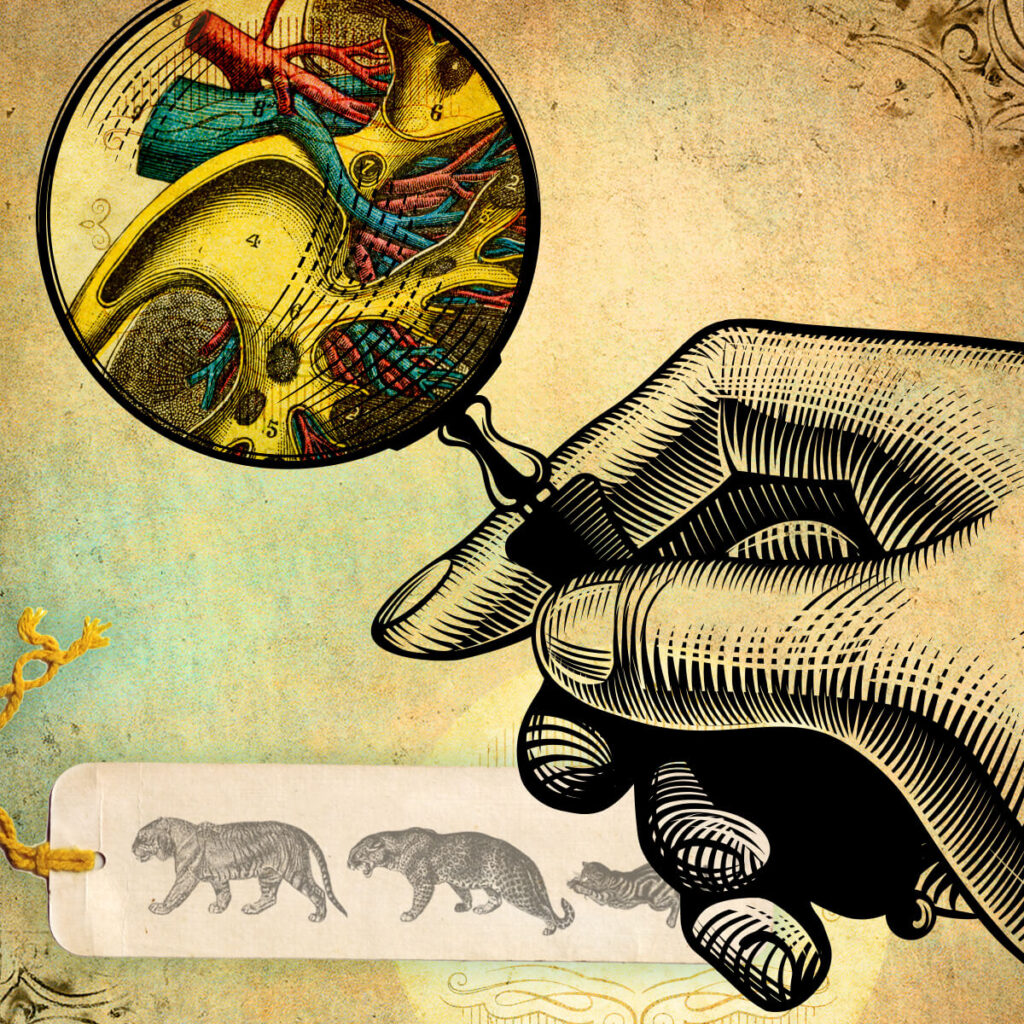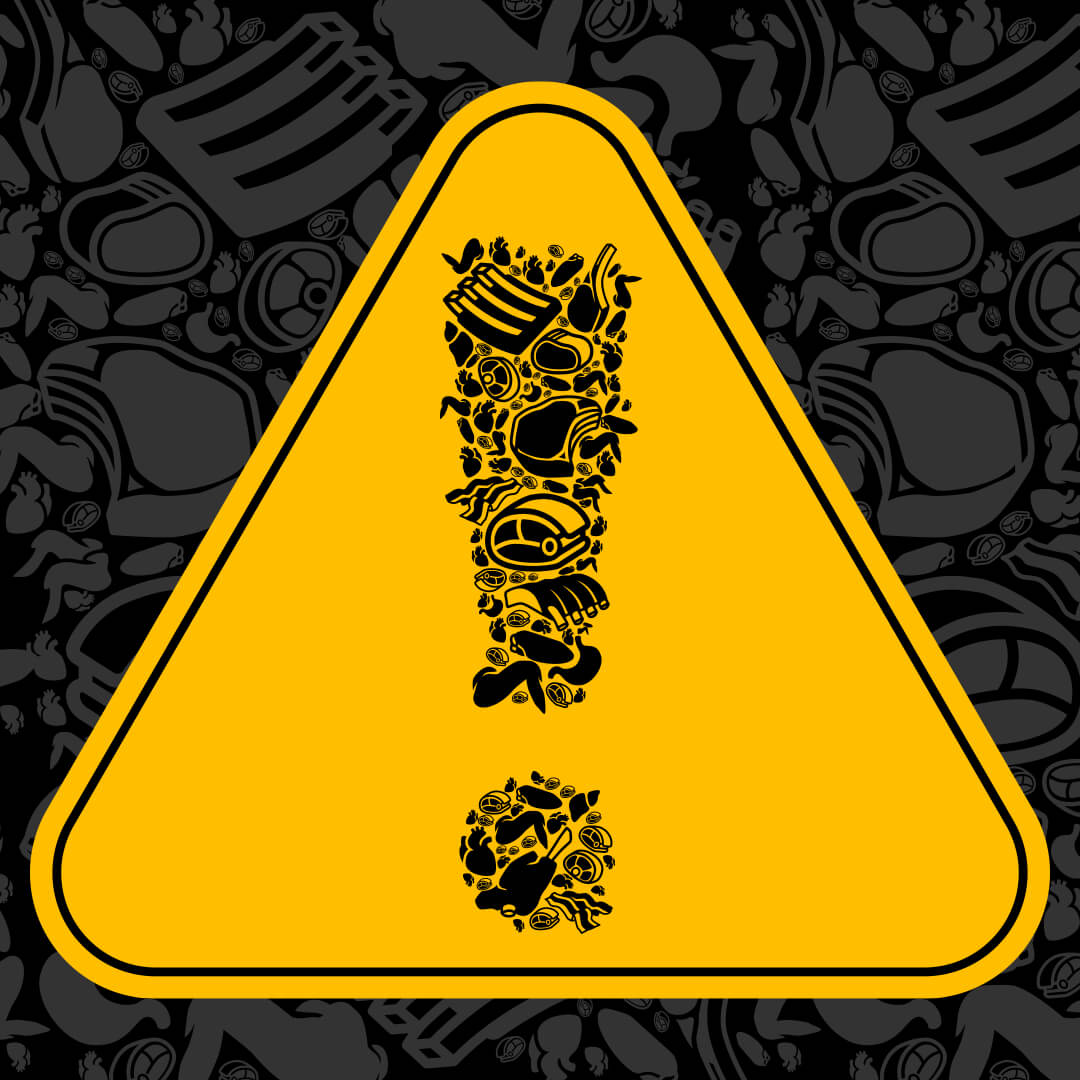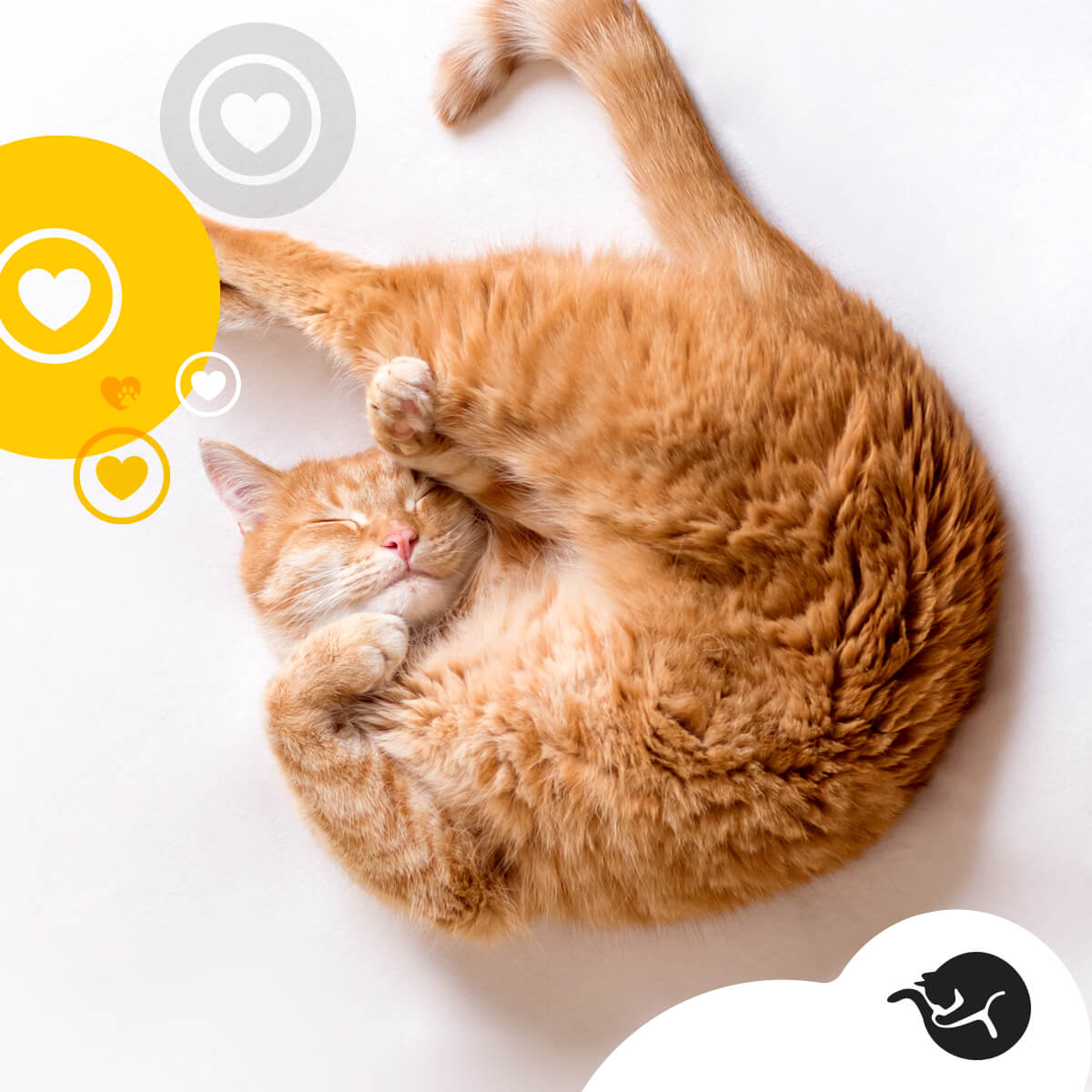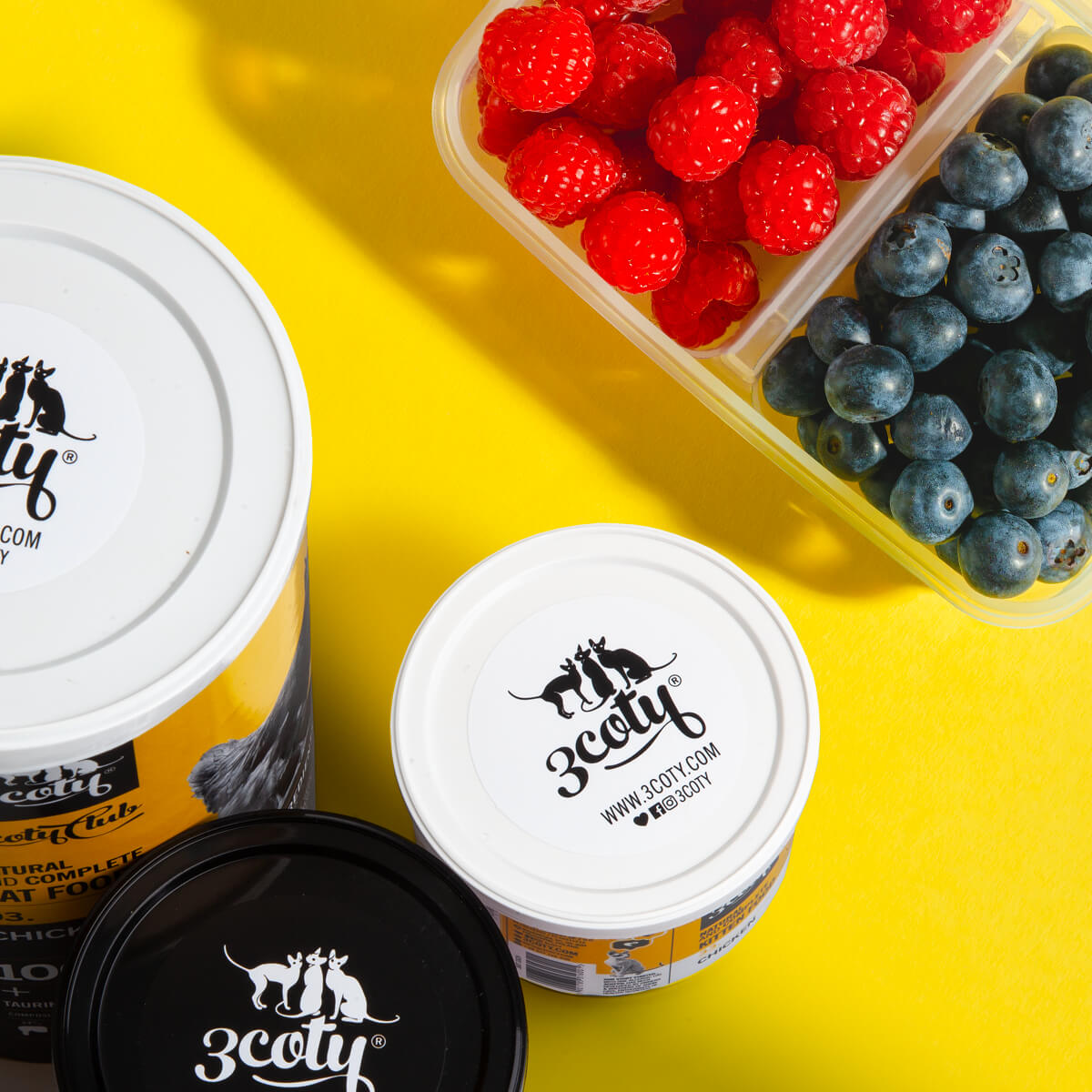Importance of Renal Care for Cats
Kidney function is a cornerstone of overall health in both humans and animals, including our beloved feline companions. However, kidney problems are increasingly common among cats, especially as they age. Chronic kidney disease (CKD) is one of the top health issues affecting mature and senior cats worldwide, alongside obesity and diabetes. Addressing these problems early through diet and care can significantly improve your cat’s quality of life. Here, we delve into the critical role of kidneys, the implications of kidney disease, and the importance of a specialised renal care diet.
The role of kidneys in a cat’s body
The kidneys are vital organs with multiple essential functions that contribute to the overall health of cats. While most people associate kidneys with urine production, their role goes far beyond that:
- Waste Removal: Kidneys filter waste products from the bloodstream, ensuring that toxins are excreted through urine.
- Electrolyte Balance: They regulate essential minerals such as potassium, sodium, and calcium, maintaining a delicate balance that supports cellular function.
- Water Conservation: By adjusting the concentration of urine, kidneys help conserve water, ensuring cats stay hydrated and their body fluids remain balanced.
- Blood Pressure Regulation: Kidneys play a role in controlling blood pressure by managing fluid volume and producing hormones that influence blood vessel function.
- Red Blood Cell Production: They secrete a hormone called erythropoietin, which stimulates the bone marrow to produce red blood cells, preventing anaemia.
The association we have with urine production is correct, however as this list demonstrates, urine is only the by-product of the main purpose kidneys serve.
![]()
Definitions
- Chronic Kidney Disease (CKD): A progressive condition where the kidneys lose their ability to filter waste, balance electrolytes, and maintain hydration. It develops gradually and is more common in older cats.
- Polycystic Kidney Disease (PKD): A genetic condition where multiple cysts form in the kidneys, impairing their function. PKD is more common in specific breeds, such as Persians and Maine Coons, and can manifest at a younger age than CKD.
Chronic Kidney Disease (CKD) – silent danger
Chronic kidney disease develops gradually, often going unnoticed until it has reached an advanced stage. This is because kidneys have a remarkable ability to compensate for damage, continuing to function even when compromised. However, this adaptability means symptoms may not appear until the disease has progressed significantly.
Approximately 30-40% of cats over 10 years old and over 80% of cats aged 15 and older are affected by CKD.
Early signs include increased thirst, frequent urination, weight loss, reduced appetite, and lethargy. As the disease progresses, symptoms can worsen, leading to vomiting, dehydration, and more severe complications.
Why is kidney health so crucial for cats?
Unlike humans, cats have evolved as desert animals, with kidneys highly adapted to conserving water. This means their bodies are naturally inclined to produce concentrated urine, putting additional stress on their kidneys over time. Furthermore, as cats age, their kidney function declines, making them more vulnerable to CKD.
Unchecked kidney disease can lead to an accumulation of toxins in the bloodstream, imbalances in electrolytes, and a host of systemic issues that can severely impact a cat’s quality of life. Early intervention, particularly through diet, is key to managing kidney health.
The role of diet in kidney care
A carefully formulated renal diet is one of the most effective ways to support kidney health and manage CKD in cats. Such diets are tailored to reduce the workload on the kidneys while providing essential nutrients to maintain overall health. Here are the key components of a renal diet:
- Reduced Protein: While protein is vital for maintaining muscle and overall health, excess protein can strain the kidneys as they work to filter out the byproducts. High-quality, easily digestible protein sources are essential.
- Low Phosphorus: Phosphorus can exacerbate kidney damage. Limiting phosphorus intake helps slow the progression of CKD.
- Moderate Fat: Increased fat content can provide necessary calories while limiting protein and carbohydrate intake. However, fat levels should remain below 10% to avoid stressing the pancreas.
- Highly Digestible Ingredients: Foods that are easy to digest minimise the burden on the digestive and renal systems, ensuring optimal nutrient absorption.
- Increased Moisture: Cats with kidney problems often struggle with dehydration. Wet food or adding water to dry food can help maintain hydration levels and support kidney function.
- Omega-3 Fatty Acids: These have anti-inflammatory properties and may help preserve kidney function and reduce inflammation.
- Balanced Vitamins and Minerals: Additional vitamins, such as B-complex vitamins, and antioxidants can support overall health and compensate for deficiencies caused by increased urination.
3coty®’s kidney care diet
At 3coty®, we understand the critical role of diet in managing kidney health. Our renal care diet is formulated with the highest quality ingredients, specifically chosen to support your cat’s renal needs. Here’s what sets our diet apart:
- Premium Quality Meat: We source meat from trusted suppliers to ensure it meets the highest standards.
- Tailored Nutrition: Our recipe balances reduced protein, low phosphorus, and moderate fat with added moisture and digestible ingredients.
- Holistic Support: Enriched with omega-3 fatty acids, vitamins, and minerals, our diet provides comprehensive support for your cat’s kidney health.
Early intervention is key
If your cat shows even mild signs of kidney issues, it’s never too early to take action. By introducing a renal care diet, you can help manage symptoms, slow disease progression, and improve your cat’s quality of life.
At 3coty®, we go a step further with our specialized 3coty® Care Line. This line offers complete and balanced maintenance diets for cats with specific health conditions, including kidney disease. Designed to support veterinary treatments and medications, the 3coty® Care Line is not a replacement for professional care but an essential component of long-term health management. Special dietary needs must be maintained consistently, and our products provide a dependable solution for managing these requirements.
By partnering with your veterinarian and choosing a tailored diet like 3coty® Care, you can take proactive steps to enhance your cat’s well-being, ensuring they live a longer, healthier life.
![]()
Did You Know?
- 30-40% of cats over 10 years old are affected by chronic kidney disease (CKD).
- Over 80% of cats over 15 years old develop CKD.
- Less than 10% of cats under 10 years old are affected by CKD, but the risk increases significantly with age.
- Certain breeds, such as Persians, Exotics, and British Shorthairs, have a 20-30% higher likelihood of developing kidney problems at a younger age (3-7 years old).
- Devon Rexes and Siamese cats may also develop kidney issues earlier than other breeds.
- Maine Coons are prone to polycystic kidney disease (PKD) and other hereditary renal problems, requiring regular screening.
- Kidneys are not just about producing urine – they regulate electrolytes, control blood pressure, and support red blood cell production.
- Early dietary changes can slow the progression of kidney disease and improve your cat’s quality of life.
Fact about Cat Kidneys
- Cats have two kidneys, located near their lower spine.
- Each kidney is about 2-3 cm wide and 3-4 cm long, depending on the size of the cat.
- A healthy cat’s kidneys weigh about 1% of their total cat’s body weight.
- Kidneys are shaped like small beans, and are connected to the bladder via two ureters.
- Unlike humans, cats’ kidneys are incredibly efficient at conserving water, an adaptation from their desert ancestors.
- Cats can live with just one kidney, as the remaining kidney can compensate by increasing its workload to maintain necessary body functions.
- Kidney stones in cats, while rare, can occur and may sometimes be linked to urinary tract issues such as struvite stones. Learn more about managing
- struvite stones in cats here.






